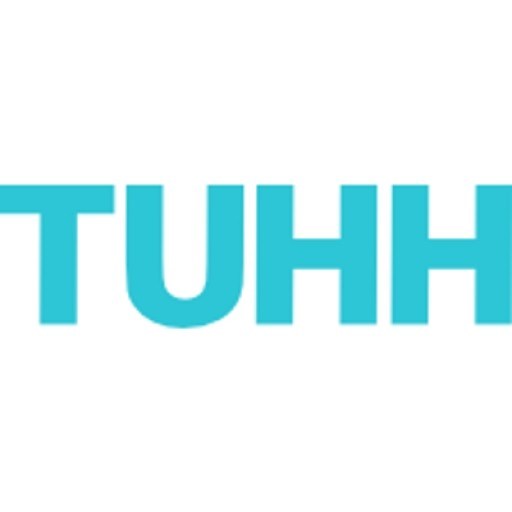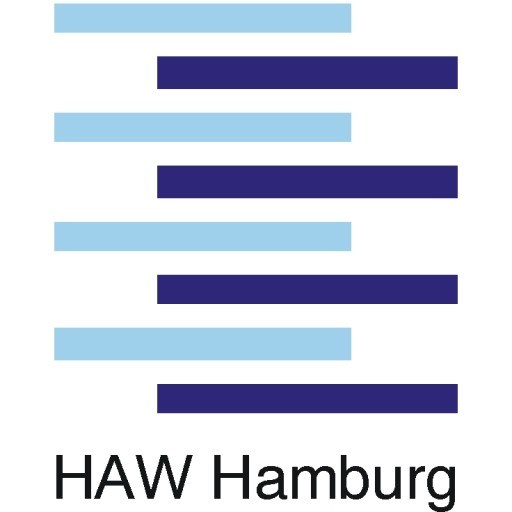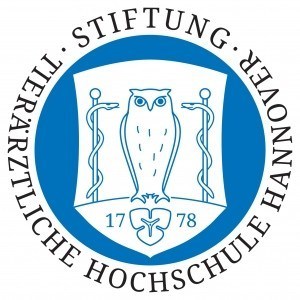Photos of university / #universitaetbonn
The Geodetic Engineering program at the University of Bonn offers a comprehensive and rigorous education in the science and technology of surveying, mapping, and spatial data management. This multidisciplinary degree program is designed to prepare students for professional careers in geospatial sciences, land surveying, geographic information systems (GIS), remote sensing, and spatial data analysis. The curriculum combines theoretical foundations with practical applications, emphasizing modern techniques and innovative technologies used in the field of geodesy. Students will learn about the principles of measurement, coordinate systems, and geospatial data acquisition, as well as data processing, analysis, and visualization. The program also covers topics related to cadastral surveying, geoinformatics, satellite positioning, and photogrammetry, equipping graduates with the skills needed to address complex spatial challenges in urban planning, environmental monitoring, infrastructure development, and disaster management. Throughout their studies, students benefit from state-of-the-art laboratories and fieldwork opportunities, gaining hands-on experience with advanced surveying equipment, GPS technology, drone-based mapping, and GIS software. The program fosters interdisciplinary collaboration and promotes sustainable development by integrating spatial data solutions into real-world applications. Graduates will be well-prepared for careers in academia, research institutions, government agencies, and private industry, where they can contribute to the development of sustainable land management, efficient transportation networks, and resilient environmental systems. With a focus on technical expertise, problem-solving, and innovation, the Geodetic Engineering program at the University of Bonn aims to cultivate highly skilled professionals who can effectively address the evolving demands of the spatial sciences sector.
Educational organisation
The Geodetic Engineering programme extends over 24 months and is structured into mandatory and compulsory elective modules that consist of teaching units with a duration of one semester. Each module is completed with an exam. Three different types of modules are offered: lectures, seminars, and projects. The basis of evaluation are score points (ECTS points).By the beginning of the first semester, the students have to choose a main and a minor profile, selecting from the following topics:
- Mobile Sensing and Robotics
- Geodetic Earth System Science and Data Analysis
- Spatial Information and Development
The curriculum of the MSc programme Geodetic Engineering is structured as followed:
- The first semester offers mandatory advanced modules covering the basic knowledge needed for the remaining programme. It includes lectures and exercises covering the following topics: Coordinate Systems, GNSS, Statistics and Adjustment Theory, Geo Information Systems, and Earth Observations. A study plan, individual to each student, covers topics not provided by the student's previous education or by the advanced modules. The chosen profiles are introduced by two mandatory modules.
- In the second and third semester, students deepen their knowledge by taking one mandatory and three to five compulsory modules from their main profile. Out of their minor profile or external offers, they may choose up to three compulsory elective modules. Two project modules introduce the students into current research topics and train them for self-sufficient research. They prepare for the Master's thesis and therefore should only focus on their main profile.
- The last semester is devoted to the Master's thesis.
The Master's programme is successfully completed once 120 ECTS credit points (CP) have been obtained. Of these, 15 CP will be obtained from advanced modules, 3 CP from the individual study plan, 30 to 42 CP from modules out of the main profile, 6 to 18 CP from modules out of the minor profile and/or external offers, 24 CP from the project's modules, and 30 CP from the Master's thesis.
Internships
The curriculum includes two project modules closely related to one of the institute's research groups.Forms of assessment
- Written and oral exams
- presentations (seminar paper)
- Master's thesis
Course objectives
The programme provides our students with the required mathematically and theoretically founded expert knowledge, skills, and methods to enable them to work scientifically. It enables them to recognise and solve engineering problems and therefore prepares them to translate research questions into activities and projects.The programme provides an entry qualification for PhD programmes.
Language requirements
Applicants must provide proof of their English skills- TOEFL paper-based: 575 points
- TOEFL Internet-based: 90 points
- IELTS: 6.5
Academic requirements
A Bachelor of Science degree in geodesy and geoinformation or related topics such as computer science, mathematics, physics, or electrical engineering.A good foundation in maths and programming is mandatory. Foundations in physics, geodesy, GIS, mapping, and statistics are recommended.
- Mandatory documents (in English):
- Bachelor's degree plus up-to-date transcript of records
- TOEFL or IELTS result
- curriculum vitae
For detailed information on our application requirements, applicants are asked to carefully read the guidelines on our website.
See: https://www.ge.uni-bonn.de/
Enrolment fees
Students must pay a social fee of approx. 270 EUR per semester ("Sozialbeitrag") to the Student Union, which is used to support student activities and provides free public transport in the state of North Rhine-Westphalia.Costs of living
Between 600 and 1,000 EUR per month, depending on the student's standard of livingJob opportunities
Based on need and availability, the departments at the Institute of Geodesy and Geoinformation offers student assistant positions.An online job board is available at the University of Bonn (http://www.hrz.uni-bonn.de/x-tra/stellenangebote) as well as at the Studentenwerk Bonn (http://www.studentenwerk-bonn.de/job-boerse/).
Arrival support
The International Department at the University of Bonn provides a welcome service and study buddies for international students.Upon arrival, students are offered assistance in finding accommodation, registering at the
university, assistance with German administration, and an introduction to university services.
Services and support for international students
The university offers individual counselling and tutoring by assigned supervisors.Accommodation
Housing in student dormitories/apartments is available to a limited extent in Bonnat prices of around 250 to 350 EUR.
Private accommodation is generally more expensive.
Information on student residences run by the Studentenwerk Bonn:
http://www.studentenwerk-bonn.de
Online portal for private accommodation in and around Bonn:
http://www.zimmerfrei-bonn.de/wohnborse/suche/
Online portal for private shared apartments:
http://www.wg-gesucht.de/en/









